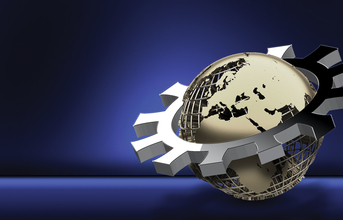
At the start of the 18th century, three major technological advances transformed the industrial landscape and led to a huge surge in productivity. Today, industrialised nations are on the cusp of an intriguing change called Industry 4.0, a new beginning of sorts that is primarily been driven by the German industry, research, industrial associations.
Paving the way for social, economical and technological revolution Industry 4.0 is expected to drastically change the landscape of industrial functioning. The coined term evokes the dramatic improvements the Internet of Things will bring about in engineering, production, and logistics processes in the future.
Developed nations across the world have until now been witness to three industrial revolutions, one that many experts opine has been disruptive in nature thus yielding higher productivity. Major strides towards an industrialised society can first be traced back to the innovation and extensive utilisation of the steam engine.
In the coming decades, rapid improvement of infrastructure was to provide the necessary impetus. Up until now, baby boomers and Gen-Y have most been influenced by the third wave which was largely dominated by automation, microprocessors and IT.
Decentralisation of the production system: Now the Internet of Things is driving a major reorganisation of industrial production: connecting machines, systems, work pieces, and products to create intelligent production systems which can control each other autonomously without manual intervention. And so, Industry 4.0 is seeking ways of helping industry achieve greater flexibility, robustness, and dynamism, while also dealing with greater complexity.
(Continued on the next page)



























